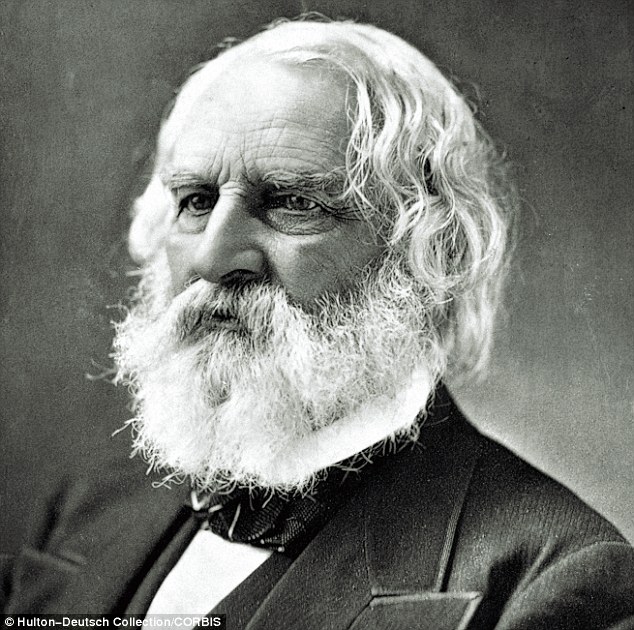When we left Nehemiah last Sunday – he was weeping and mourning and fasting and praying to God because he heard about the terrible state of his countrymen back in Jerusalem. After many years of exile in Babylon, some of the Jews had returned to Jerusalem and rebuilt the temple, but the city was still in ruins. The walls had been torn down and the gates had been destroyed nearly 150 years ago – and they had still not yet been repaired.
And this broke Nehemiah’s heart. It was bad enough that the Israelites were living in the ruins, but this was Jerusalem! Jerusalem was the city where God had chosen to make his name known. This was the city where the temple of God was. This city was a symbol to the world that the Israelites were God’s special, chosen people. But now – Jerusalem lay in ruins. Now it was a sorry reminder that the Israelites had abandoned God – and as a results, it seemed that God had abandoned them.
But God hadn’t abandoned them. Yes, he allowed them to suffer the consequences of their sin, but He never abandoned them. In fact, when they repented and returned to him, God was eager to forgive them and to restored them to their land.
And Nehemiah was convinced that God didn’t want them to go back to Jerusalem just to live in the ruins. God wanted them to rebuild. To start anew and to flourish! Nehemiah no doubt was familiar with God’s promise through the prophet Jeremiah – given when the Israelites first went into exile:
10 This is what the Lord says: “You will be in Babylon for seventy years. But then I will come and do for you all the good things I have promised, and I will bring you home again. 11 For I know the plans I have for you,” says the Lord. “They are plans for good and not for disaster, to give you a future and a hope. 12 In those days when you pray, I will listen. 13 If you look for me wholeheartedly, you will find me. 14 I will be found by you,” says the Lord. “I will end your captivity and restore your fortunes. I will gather you out of the nations where I sent you and will bring you home again to your own land.” Jeremiah 29:10-14
Jeremiah and Nehemiah understood that God was not yet finished with Israel. He had good plans for them – plans to give them a future and a hope.
And by the way, God promises to deal with us the same way. Even though we seem to do a fantastic job of messing up our lives and ignoring God and we end up suffering the consequences of our sin – even then, God is eager to forgive us and to restore us. He’s just waiting for us to turn to Him and repent. If we do that, God will carry out his plans to give us a future and a hope. He doesn’t want us to live in the ruins.
Now for Nehemiah – he wasn’t the one living in the ruins. He was living in the presence of the king as the royal cup-bearer – which as we learned last week, was actually a pretty prominent position. The cup-bearer for the king would have been one of the king’s most trusted and loyal companions – since, as the one who tasted the king’s food and drink and safe-guarded it against poison, the king had to trust him with his very life. Because of that, Nehemiah, I’m sure, was well-taken care of.
Yet, as soon as Nehemiah heard the report of how bad things were for the Israelites back in Jerusalem, Nehemiah began to weep and mourn.
Usually we weep and mourn about the bad things that are happening to us – but Nehemiah had such a heart of compassion and empathy for his fellow Israelites, that for days he wept and mourned for them.
And I don’t know how that impacts you, but it sure convicts me! My own lack of weeping and mourning for others sure makes me consider how much (or how little) I care about the people around me who are suffering and hurting. And that was kinda how we ended last Sunday – asking God to soften our hard hearts, so that like Nehemiah, we might not only weep and mourn for others – but that our concern for them would drive us to do something about their situation.
Because that’s exactly what Nehemiah did. Today as we continue to look at the life of Nehemiah, we’re going to see how he doesn’t just feel bad for the Israelites – he actually begins to take action.
So let’s continue by looking at Nehemiah chapter 2 verse 1 through 3.
Leave a Comment
